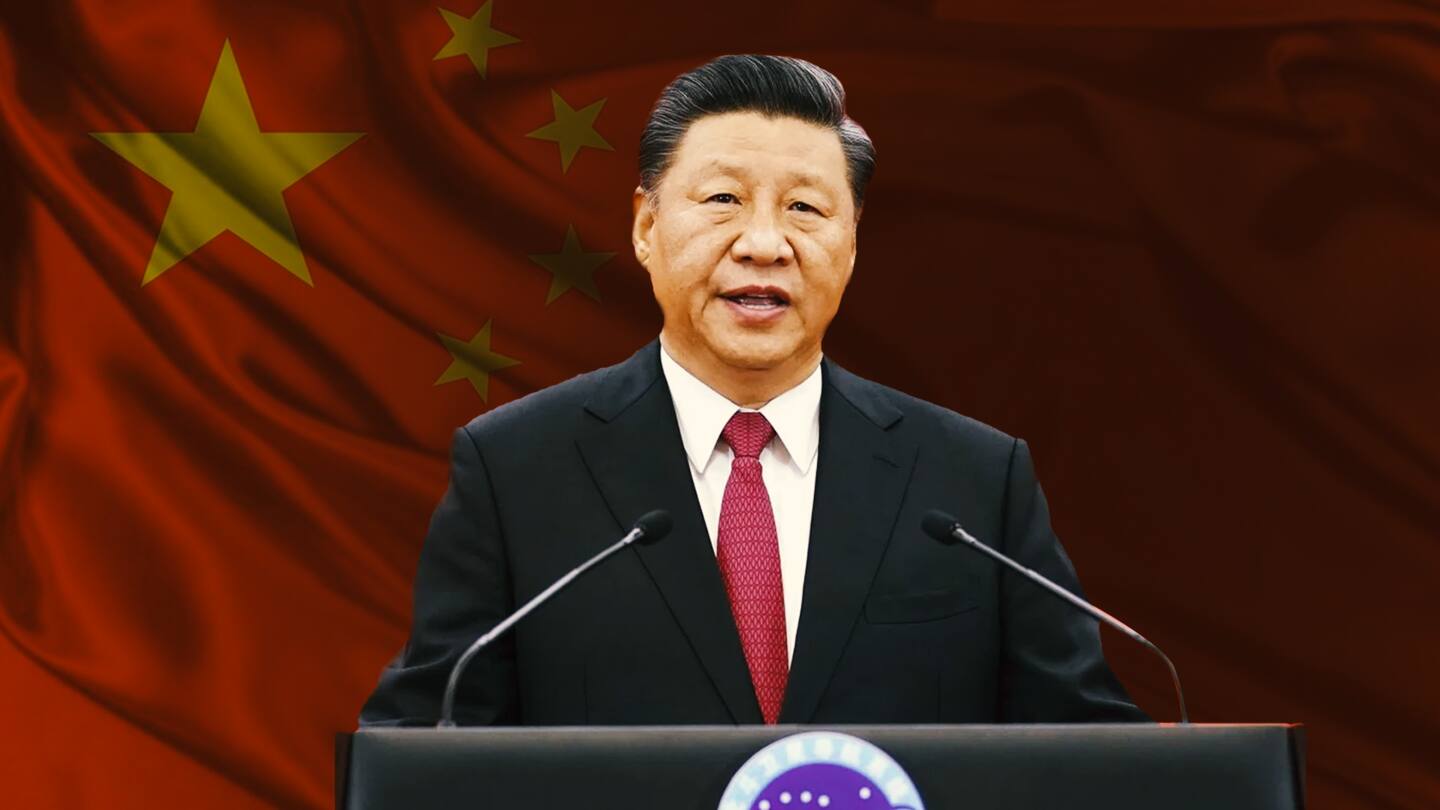
Couples in China can now have 3 children, government says
What's the story
Married couples in China can now have three children, up from the previous limit of two, the country's ruling Communist Party announced on Monday.
The move is being seen as the Chinese government's first major attempt to address the problem of lowering birth rates and a troubling demographic crisis.
However, the decision has invited mixed reactions at best.
Decision
Decision taken in a meeting chaired by President Jinping
The decision was taken in a meeting of the Politburo, a top body in China, chaired by President Xi Jinping.
The move would "improve our country's population structure and help implement a national strategy to actively respond to the aging population," the party said.
All party committees and governments at all levels should strengthen planning and coordination to implement the new policy, it stated.
Context
China's population grew at its slowest pace in decades
The decision comes as experts continue to flag concerns over China's rising population of older people, which could eventually lead to a shortage of workforce and burden the economy in the time to come.
Births in China have fallen for four consecutive years.
In fact, the latest census data showed that China's population grew at its slowest pace in decades - 0.53%.
Information
12 million babies were born last year
According to the latest census data in China, around 12 million babies were born in 2020 - a huge decline from the 18 million recorded in 2016. It even marked the least number of births recorded since the 1960s.
History
China had imposed a one-child policy in 1980
China has long imposed restrictions on the number of children that a family can have.
In 1980, the Asian country had first imposed a one-child policy, looking to slow down its population growth and maintain the economic boom it was witnessing.
However, demographers in China have criticized such restrictions, urging the government to consider abandoning family planning curbs.
Two-child policy
In 2016, a full-fledged two-child policy was imposed
In 2013, the government had allowed parents who were born in one-child families to have up to two children.
That rule was extended to all married couples effective January, 2016.
However, experts argue that decision did not bring the desired results - to counter the issue of China's aging society.
In 2020, people aged 60 or above accounted for 18.7% of the Chinese population.
Reactions
How are people seeing the announcement?
On social media, many people did not seem excited about the announcement, raising the pertinent issue of rising living costs.
"Don't they know that most young people are already tired enough just trying to feed themselves?" one user wrote.
Zhiwei Zhang, an economist told Reuters, "The long term impact depends on if the government can successfully reduce the cost for raising children."
Other countries
South Korea, Japan also face similar demographic challenges
Before Monday's announcement, local authorities had experimented with the three-child policy in the Chinese province of Heilongjiang. But experts said the result was less than desired.
Notably, a high proportion of aging population is not only China's concern.
Other Asian countries, including South Korea and Japan, have been trying to encourage citizens to have more babies - even offering them stipends to do so.